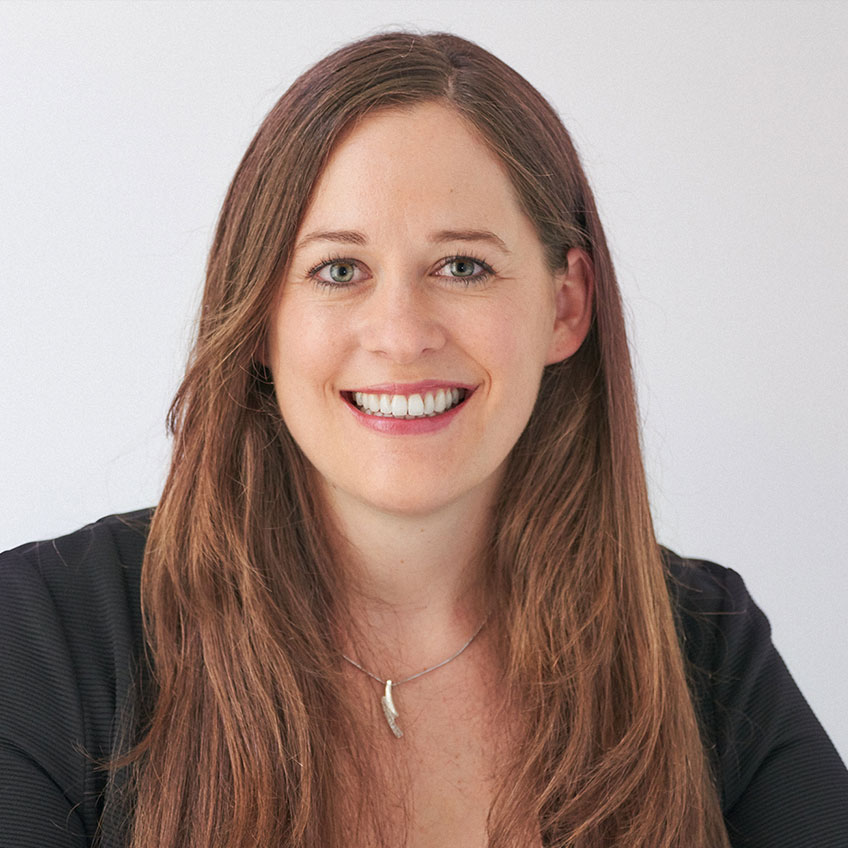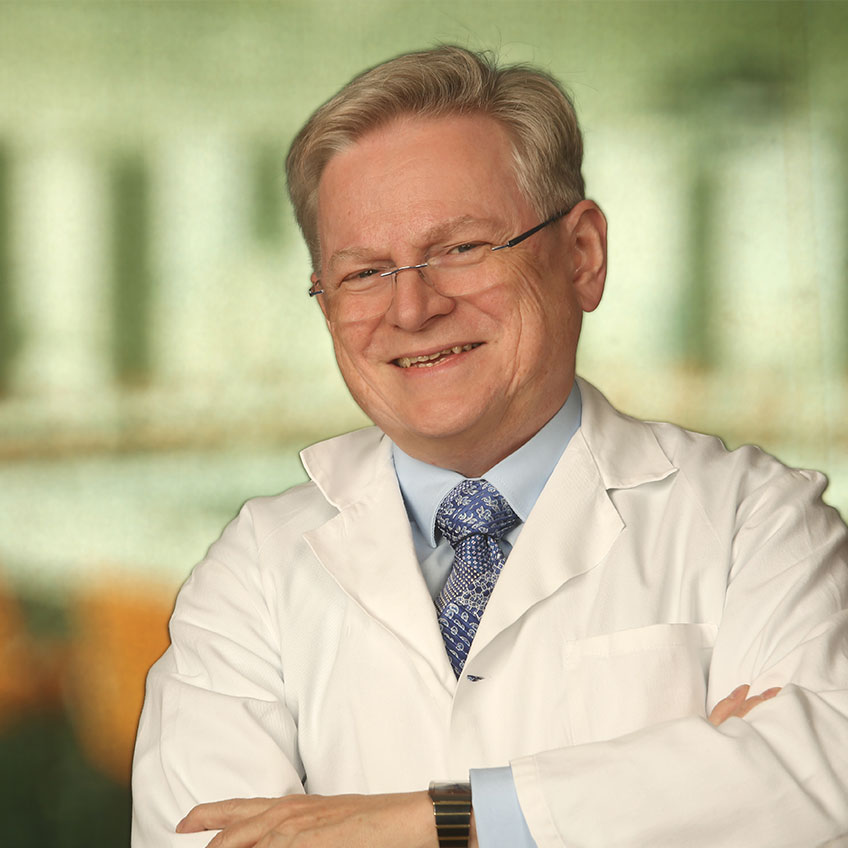Personalized Medicine
Supported by genomics and molecular biology, personalized medicine is playing an important role, as it offers a very specific look into the differences between individuals, be it the variability in genes, environment, and lifestyle of each person. Personalized medicine offers the opportunity to make predictions about disease risk, which can help choose a prevention plan that is right for each individual. It also makes it possible, in some cases, to choose the right drug at the right dose for each individual, rather than the „one-size-fits-all“ approach to drug therapy. The advancement of personalized medicine will go hand in hand with advances in molecular diagnostics, but also information technologies such as artificial intelligence and machine learning. Although the cost of such diagnostics is a burden on public health systems, their expansion could limit the subsequent emergence of diseases that are even more costly to treat. Thus, personalized medicine seems to hold the promise of the future for counteracting the emergence of diseases, fine-tuning treatments, developing tailor-made medicine, and alleviating the burden on public health systems. Opportunities arise at the convergence of disciplines and the need to integrate know-how from different silos.
EXAMPLE 1:
Sano, a genetics research platform founded by three University of Cambridge genomics graduates, offers a subscription model that charges pharma clients, biotechs, and population health companies to link with and recruit patients with long-term or chronic conditions such as long Covid, multiple sclerosis, and Parkinson’s or Alzheimer’s disease.
Research participants receive free home DNA kits that allow them to easily take part in studies that could help themselves or others in a similar position, while also being able to access their data and personalized genetic reports through a user-friendly interface.
EXAMPLE 2:
It currently takes about three minutes to print a single pill, but scientists at University College London (UCL) have developed a new technique that can do it in three seconds. And they are confident they can cut it to less than a second.
This paves the way for doctors and pharmacists to print personalized pills for everything from cancer to statins on the premises while patients wait. This would allow doses to be tailored and several medications to be combined into a single pill.

Expert Statement Elisabeth Klager:
I hope that healthcare becomes very personalized. So that diagnosis is very precise and takes into account everything you have on your medical record. I think the personalization of medicine and care would be the greatest opportunity I see.

Expert Statement Alexander Haushofer:
A clear trend in the direction of diagnostics is molecular genetics and molecular oncology.

